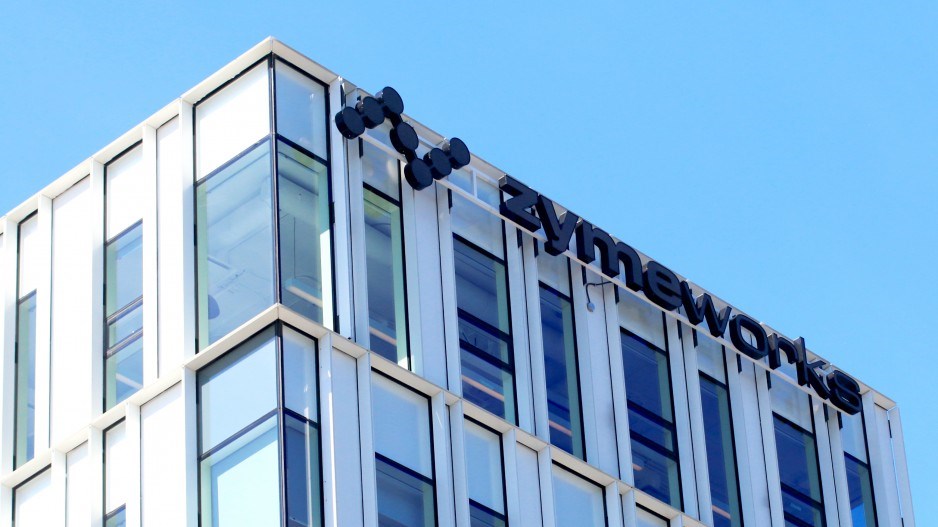Goodbye, Vancouver. Hello, Delaware … at least on paper.
Embattled B.C. biotech Zymeworks Inc. (NYSE:ZYME) revealed Friday it plans to reincorporate by the end of the year in the pint-sized American state known for its business-friendly laws.
The Vancouver-based company said it believes becoming a Delaware corporation would “enhance long-term value for shareholders, [and] help reduce certain administrative costs and complexities related to its future operations.”
Despite officially moving its headquarters south of the border under the name New Zymeworks, the company said Vancouver will continue to serve as its base of operations, where most of its employees and board directors are located, and it will continue to operate under the single-word branding of Zymeworks.
Last month Zymeworks adopted a “poison pill” strategy to fight off an acquisition bid worth US$773 million ($989 million).
So-called poison pill strategies allow investors to purchase additional shares at a discount to stave off efforts by other parties to acquire a company through a hostile takeover.
Dubai-based minority shareholder All Blue Falcons FZE (ABF) made an unsolicited bid to buy out Zymeworks in late April in an all-cash deal.
The life sciences firm is best known for developing platforms that help other drugs more accurately identify and target cancerous cells.
Long a darling of the B.C. biotech sector, Zymeworks’ net losses grew to US$211.8 million in 2021 – up from losses of US$171.2 million a year earlier, according to financials released in February.
The company laid off about 25 per cent of its workforce and cut its senior management team in half just weeks before the release of those financials.
Founding CEO Ali Tehrani also departed the top job at that time, with former board member Kenneth Galbraith taking over as CEO and chairman.
“Becoming a Delaware corporation is an important part of our overall plan to reduce organizational and legal complexity, and certain duplicative administrative costs. We believe that becoming a Delaware corporation is the right strategic move to align with both our current and prospective U.S.-based shareholders and our future operational structure,” Galbraith said in a statement.
Zymeworks went public in 2017, raising nearly US$60 million in its initial public offering.
Shares debuted at US$13 each and rose to a high of US$57 in January 2021. Shares were trading at US$5.87 as of 7:15 a.m. PT.
Amid its financial strains, Zymeworks closed another offering in late January 2022 worth US$107.6 million, selling around 14 million common shares at US$8 each.
The Delaware plan still requires approval from shareholders, the New York Stock Exchange and B.C. Supreme Court.
It will also need to complete a share exchange, whereby Zymeworks shares will be exchanged for common stock of New Zymeworks.
If the deal is approved, Zymeworks will continue to trade on the NYSE under its current ticker symbol, ZYME.




